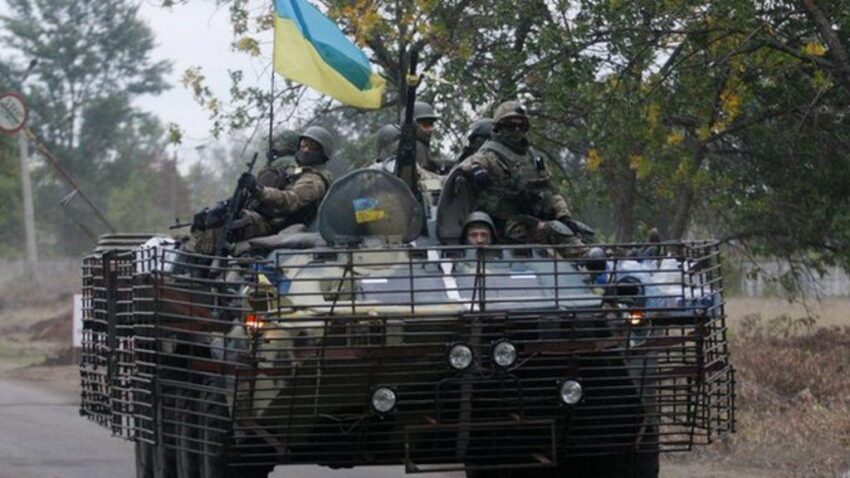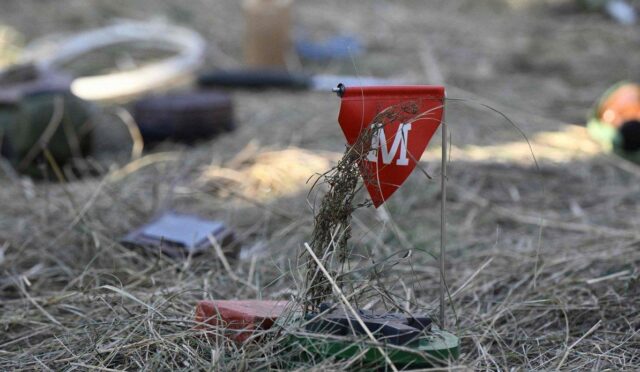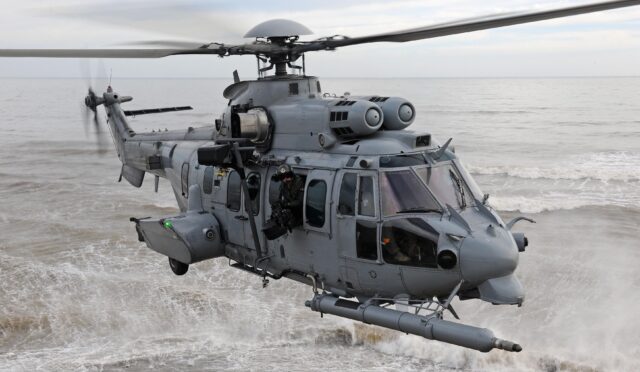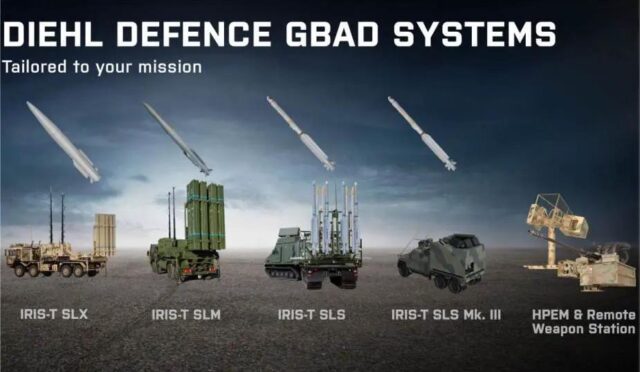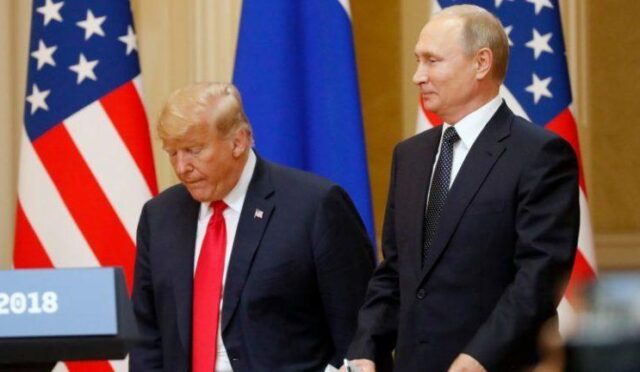France and Italy Decline NATO Initiative for Ukraine
France and Italy have stepped back from a newly proposed NATO initiative aimed at supplying US-made weaponry to Ukraine, which includes essential air defense systems financed by European partners. French government spokesperson Sophie Primas emphasized that this decision does not signify a reduction in support for Ukraine. Instead, it reflects France’s inclination towards fostering European arms procurement capabilities, as well as certain budgetary limitations that the country faces.
Similarly, Italy’s reluctance is rooted in budgetary concerns. The Italian government has expressed a preference for the SAMP/T air defense system, which it has already supplied to Ukraine, suggesting a desire to prioritize its existing commitments. Despite this decision, Italy remains open to aiding in the logistical operations necessary for transporting US weapons to Ukraine.
US Initiative Gains International Support
In a significant development, US President Donald Trump, during a meeting with NATO Chief Mark Rutte in Washington on Monday, unveiled plans for the United States to provide weaponry to Ukraine under the auspices of European NATO members. This initiative has garnered backing from at least eight nations, including Germany, the Netherlands, the United Kingdom, and several Nordic countries, all of whom are ready to either fund or transfer US-made systems to Ukraine. This, according to The Telegraph, will enable the US to promptly replace any systems sent to Ukraine.
German Chancellor Friedrich Merz underscored the urgency of the initiative, describing the acquisition of weapons from the United States as one of the fastest avenues to satisfy Ukraine’s defensive requirements amidst its ongoing conflict with Russia. “We are doing this in our own interests… This will help Ukraine defend itself against Russia’s bombing campaign of terror,” Merz stated, as reported by Politico. He added that such actions would apply pressure on Moscow to engage in peace negotiations and reaffirmed that allies are unified in their security policy objectives.
Reactions and Alternative Suggestions
The decision by Italy not to engage in the NATO initiative should be viewed as a strategy to explore alternative avenues for contributing to the collective defense efforts, according to analyses from Kyiv Independent. It indicates a shift in approach while still committing to support Ukraine through different means.
In parallel developments, Polish Foreign Minister Radoslaw Sikorski suggested that funding for the US-made arms destined for Ukraine should be sourced from the assets frozen from Moscow, rather than placing the financial burden on European taxpayers. He queried his fellow EU foreign ministers on who should shoulder the costs, advocating for a stance where the aggressor funds its consequences. Sikorski’s remarks highlight a growing sentiment among some officials to reassess the financial avenues for material support to Ukraine.
